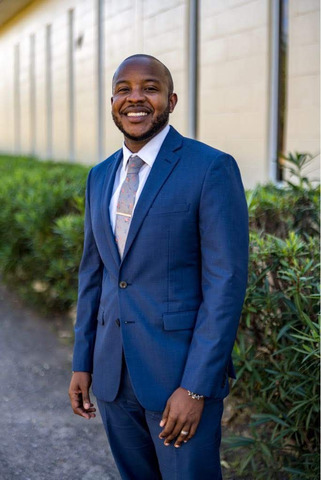
In April of 2022, the American Medical Association addressed the concerning issue of physician shortages in the United States. The country faces a projected shortage of between 37,800 and 124,000 physicians within the next twelve years. These projections include both primary care and specialty physicians. A deficit of such size stands to have dire implications for the health of the US’s citizens.
One source of the physician shortage could be attributed to the lack of residency slots available to medical students who attended international schools. Given the number of doctors retiring each year, medical schools in the US are not churning out enough qualified doctors to keep pace. Despite the need for more doctors, the availability of residency slots has remained stagnant.
Dr. Adedayo Akande, President of the University of Health Sciences of Antigua, sees a real opportunity for international medical graduates to step in and help remedy the physician shortage in the US when given the chance.
“There is a great shortage of physicians in the US, which continues to get worse. The country’s schools are not able to satisfy this need themselves,” says Dr. Akande. “As a result, international medical schools are vital to healthcare.”
The Association of American Medical Colleges (AAMC) has concurred that more residency slots are needed to keep up with the influx of medical students and to solve the US’s issue of physician shortages. Allowing International Medical Graduates (IMGs) to fill some of these new slots will only prove positive for the US healthcare system as a whole.
Producing Excellence
The curriculum and approach of international medical schools may be miscategorized as not being as thorough, advanced, or well-funded as US medical schools. However, students of these schools must pass the same licensure examinations and complete the same processes as medical students in the United States.
“In the past, there was the misconception that attending medical school abroad seemed like a ‘Plan B’ for a student who could not gain entry into a US school,” explains Dr. Akande. “Now, it is often considered a smart option for students who wish to graduate with less debt, live in a multicultural environment, and gain access to unique opportunities not offered in the United States.”
Dr. Akande urges international medical schools to continue focusing on excellence and lead the way for other international schools to follow. The physician shortage the US presently faces is on its way to becoming far more dire, and well-educated students from international medical schools can position themselves as heroes in this situation.
More Residency Spots and More Consideration of International Education
When analyzing the shortage of physicians that the US stands to see in the next decade, the shortage of available residency spots seems to be the main culprit. According to the AAMC, the number of residency positions available to medical students has only risen 1% every year, despite a 52% growth in medical school spots given since 2002. This means that despite international and domestic schools educating and producing new doctors, these budding medical professionals often find themselves with no place to go once the time comes to start their residencies. When new doctors are unable to fulfill their residency requirements, no matter where they were educated, they are unable to practice.
The influx of people expressing interest in and applying to medical school has increased; however, the class sizes of medical schools in the United States are limited. As a result, medical students continue to seek enrollment at international medical schools to achieve their dreams of serving in healthcare.
“There certainly is no shortage of students that wish to become physicians,” Dr. Akande observes. With that being the case, other adjustments must be made to accommodate these interested parties and allow them to fulfill the requirements necessary to become licensed, practicing physicians.
Dr. Akande believes there has always been a place for international medical schools in the discussion of physician shortage. He has worked tirelessly to offer his students the same level of quality instruction that they could expect in a US medical school. “The quality of medical education in the Caribbean has dramatically improved over the years, and our institution has graduated outstanding physicians who are practicing in nearly every medical specialty,” says Dr. Akande, speaking of his school in Antigua.
With the efforts of both international and domestic schools in the US, the country’s physician shortage issue can be tackled head-on. As a result, more qualified doctors can be brought into the healthcare industry and dramatically improve healthcare outcomes for patients in the US overall.
Release ID: 307467













